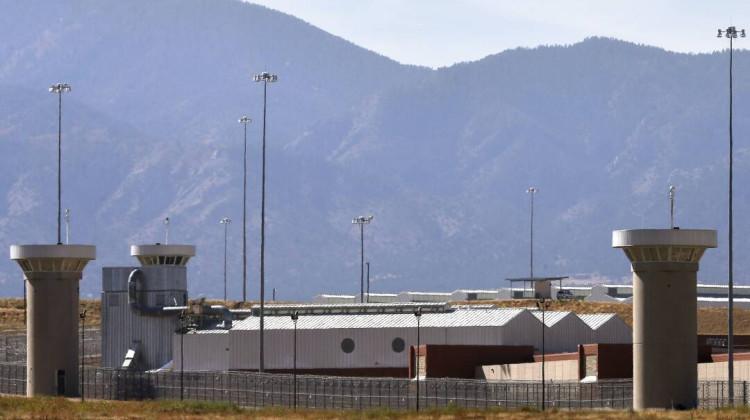
Russian nationals have been accused of hacking into several parts of the global energy sector, including the Wolf Creek Generating Station in Burlington, Kansas.
(U.S. Nuclear Regulatory Commission /Flickr)U.S. economic sanctions on Russia could open up Indiana utilities to cyber attacks.
Von Welch, director of Indiana University’s Center for Applied Cybersecurity Research, said either the Russian government or Russian individuals could hack into utilities’ computer systems in retaliation.
"Would probably have the goal of causing a shutdown of those utilities for some period of time, a lot of disruption," Welch said. "Get a lot of noise and media and hope to sort of cause anxiety here about our involvement in the sanctions against Russia."
Welch said hackers used to be more financially motivated — targeting things like credit cards and social security numbers — but these politically motivated attacks are becoming more common. Last spring, hackers held access to a large oil and gas pipeline for ransom. And a few years ago, Russian spies tried to gain control of a Kansas nuclear power plant.
“We've seen everything from utilities to even schools and hospitals become the victims. So unfortunately, this is the new reality I think for a while," Welch said.
Welch said that’s why it’s important for utilities to prepare for cyber attacks by practicing what they would do if their computer systems went down.
In a statement, Indiana’s largest electric supplier Duke Energy said it has a dedicated cyber security team, conducts multiple cyber security drills every year, and shares best practices with peer utilities.
Welch said people who get solar panels on their roof could help the grid to be more resilient to a cyber attack. Though he said just about any system that relies on a computer could be vulnerable.
Contact Rebecca at rthiele@iu.edu or follow her on Twitter at @beckythiele.
Indiana Environmental reporting is supported by the Environmental Resilience Institute, an Indiana University Grand Challenge project developing Indiana-specific projections and informed responses to problems of environmental change.
 DONATE
DONATE







 Support WFYI. We can't do it without you.
Support WFYI. We can't do it without you.